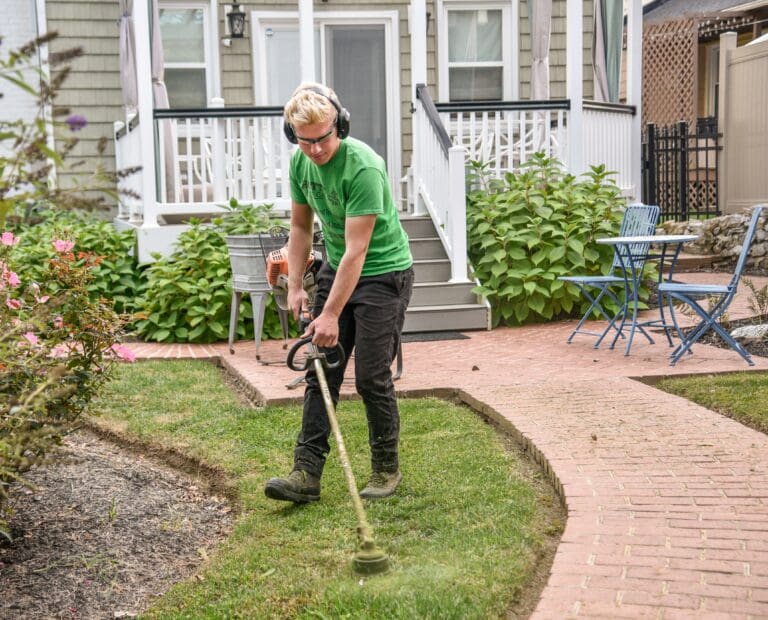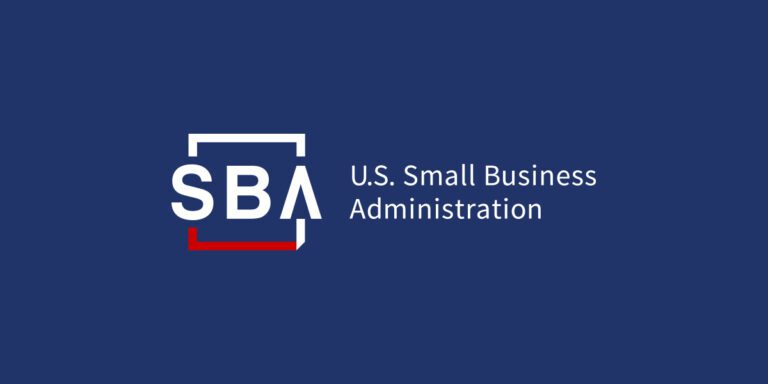SBA Preferred Lender program
When a bank or financial institution has a “Preferred Lender” status, it has the authority to make final decisions on SBA-guaranteed loans. In contrast, non-preferred lenders must submit the loans directly to the SBA for approval, which can make the process longer.
Before going over the many benefits of working with an SBA Preferred Lender, let’s dive into key points about SBA 7(a) loans.
What is an SBA 7(a) loan?
A loan program designed to assist for-profit businesses with funds that can be used for various business purposes, including real estate, business acquisition, expansion, working capital, purchasing machinery and equipment, and refinancing existing business debt.
SBA 7(a) loan advantages
SBA 7(a) loans offer several advantages over conventional loans for small businesses, including:
- Access to capital
One of the main advantages of an SBA 7(a) loan is that it provides small businesses with access to capital that might be challenging to obtain through traditional financing. This can be crucial for startups or businesses with limited operating history.
- Flexible use of funds
SBA 7(a) loans are versatile and can be used for various business purposes, including real estate, business acquisition, expansion, working capital, purchasing machinery and equipment, and refinancing existing business debt. This flexibility allows businesses to tailor funding for their specific financial needs and business goals.
- Longer repayment terms
SBA 7(a) loans typically offer longer repayment terms, up to 25 years, compared to conventional loans. This can help reduce monthly payments and ease the financial burden on businesses.
- Lower down payments
SBA 7(a) loans often require lower down payments compared to traditional loans. This can be beneficial for businesses that may have difficulty providing an upfront cash investment.
- Government guarantee
The SBA provides a partial guarantee to lenders which reduces their risk. This guarantee makes lenders more willing to extend credit to small businesses, even those with limited collateral or a shorter operating history.
See real examples of Ready Capital helping small business owners get the capital they need in order to achieve their goals of ownership and entrepreneurship.
SBA 7(a) eligibility and loan terms
Not only is it essential for business owners to understand the terms and conditions of the loan—they also need to consider the lender’s experience and reputation. Also, each lender has its own policies and practices, so it’s important to work with one that aligns with the specific needs of the business.
Eligibility requirements
In general, eligible businesses must:
- Be an operating, for-profit business located in the United States.
- Meet SBA size standards, which differ by industry.
- Be creditworthy. Note that credit score requirements and flexibility vary by lender.
- Demonstrate a reasonable ability to repay the loan, requiring financial projections and other documentation.
- Pledge collateral to secure the loan. However, the SBA will not decline a loan solely for lack of collateral. Personal and business assets could be considered.
- Provide a detailed business plan, outlining the business’s history, management structure, products, market analysis, and financial projections.
Loan amounts
The maximum loan amount is $5 million for standard 7(a) loans, and some lenders may offer up to $7 million. The actual amount to borrow depends on factors like the purpose of the loan and the financial needs of the business.
Loan purposes
Business operating loans
- Business acquisition and expansion
- Machinery and equipment purchase
- Partner and/or shareholder buy-out
- Refinance existing business debt
- Franchise acquisition
- Working capital
- Startup professional services business
Commercial real estate loans
- Owner Occupied/Utilized >51%*
- Purchase fixed assets (land, buildings, equipment)
- Refinance existing mortgage secured debt
- Ground-up construction and renovation
- Leasehold acquisition and improvements
* Includes retail, manufacturing, industrial, warehouse, professional offices (including office condominiums), hotels, healthcare facilities, car dealerships, auto repair shops, car washes, self-storage, parking garages, special use, and multi-use.
Maturity terms
SBA 7(a) loans offer repayment terms up to 25 years.
Prepayment penalties
Borrowers can prepay SBA 7(a) loans with limited or no prepayment penalties, providing flexibility for businesses to pay off the loan early if able to do so.
For more details on eligibility and loan terms,
visit the SBA website.
Benefits of an SBA Preferred Lender
Working with an SBA Preferred Lender offers several advantages for small business owners.
-
- Faster Loan Approval
SBA Preferred Lenders are authorized to approve SBA loan applications on behalf of the SBA, which can expedite the approval process. This is an advantage for businesses that need quick access to funds for expansion, working capital, or other business needs.
-
- Local Decision Making
Preferred Lenders are often local/regional financial institutions that have a deep understanding of the business environment in the area. This local presence can lead to more informed and personalized decision making for businesses.
-
- Speed and Ease
Preferred Lenders have more knowledge of required documents so the loan process – from beginning to end – is smoother and more efficient.
- Understanding Business Needs
Preferred Lenders are experienced in structuring loans to better meet the needs of a small business, such as longer repayment terms or other terms that align with the borrower’s financial situation.
-
-
Expertise in SBA Financing
Preferred Lenders are experienced and can shepherd borrowers through the application process and offer insights into maximizing the benefits of SBA financing. SBA-backed lenders often provide additional support and counseling to borrowers. This assistance can be valuable for small business owners who may be looking for guidance on financial management and business operations.
With Ready Capital, you’re not just getting a loan, you’re gaining a partner with an SBA Preferred Lending status and unmatched expertise in business lending –
Contact a seasoned member of our lending team for a prompt no-obligations introduction call.
Have more questions about SBA 7(a) loans?
Why should I consider an SBA 7(a) loan?
Answer: An SBA 7(a) loan is a business loan that is guaranteed by the U.S. Small Business Administration. It is intended for borrowers who can’t get financing on reasonable terms through conventional lenders. These loans can be used to cover a wide ranges of uses, including business acquisitions, owner-occupied commercial real estate purchases, equipment purchases, refinancing of existing debt, and working capital.
Learn more about how SBA loans work.
SBA 7(a) vs. SBA 504: Which is best for me?
Answer: While SBA 7(a) and SBA 504 loans are both suitable for owner-occupied real estate, 504 loans are intended for the financing of fixed assets and is specifically limited to that purpose.
Read our “SBA 7(a) vs. SBA 504” blog to learn more.
Can an SBA loan be used for my investment property?
Answer: SBA 7(a) loans cannot be used for businesses where the primary source of income is real estate investment, including apartment complexes and single-family homes. The loans are intended only for property that will be owner-occupied (at least 51%), meaning that the business will need to operate out of the property that they purchase.
Where can I find an SBA Preferred Lender?
Answer: The SBA website has a
Lender Match tool that connects you to lenders and you can also view the
7(a) Lender Report where you can filter current loan approvals by state and lender.





